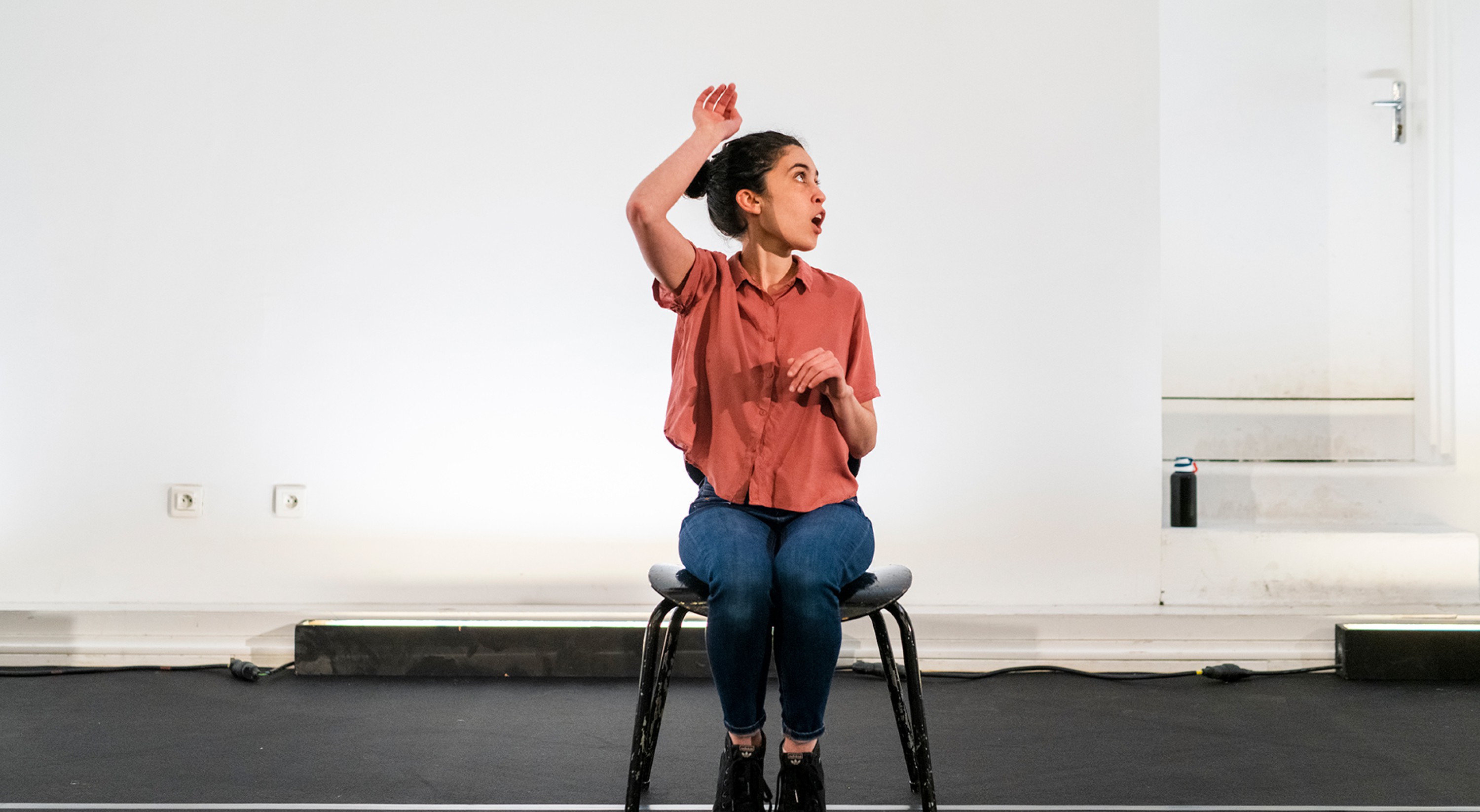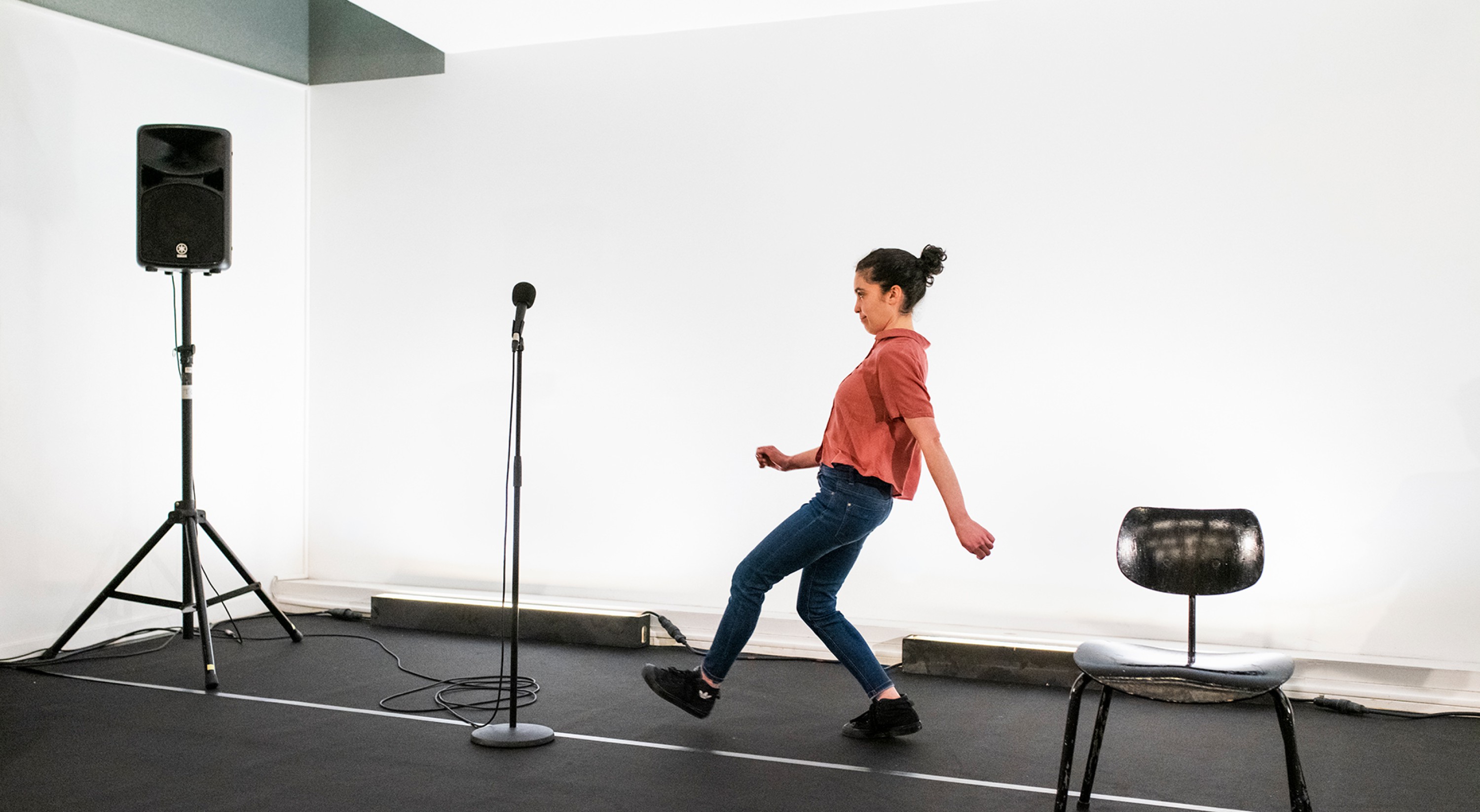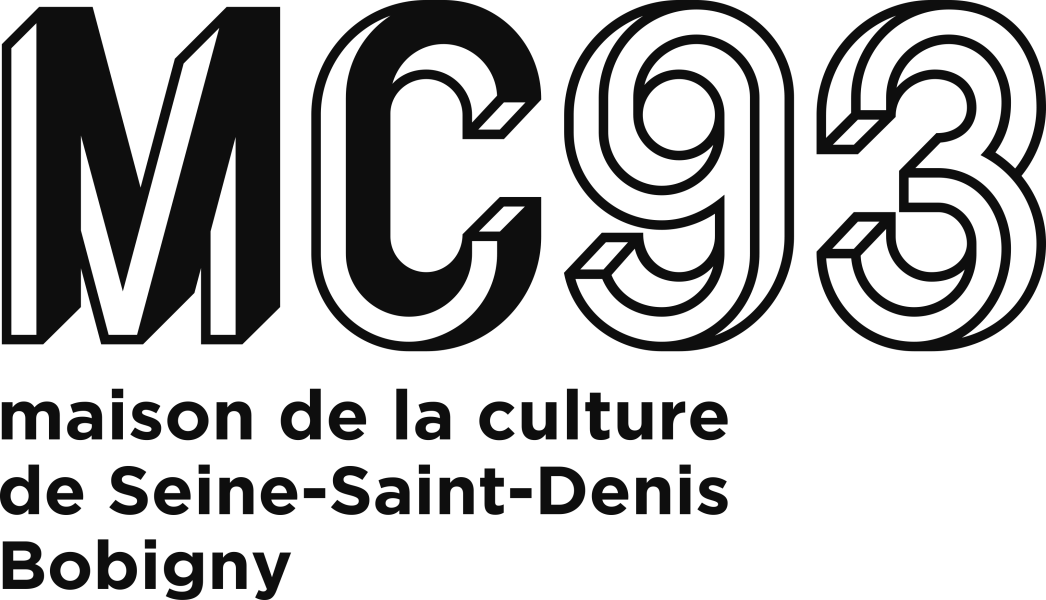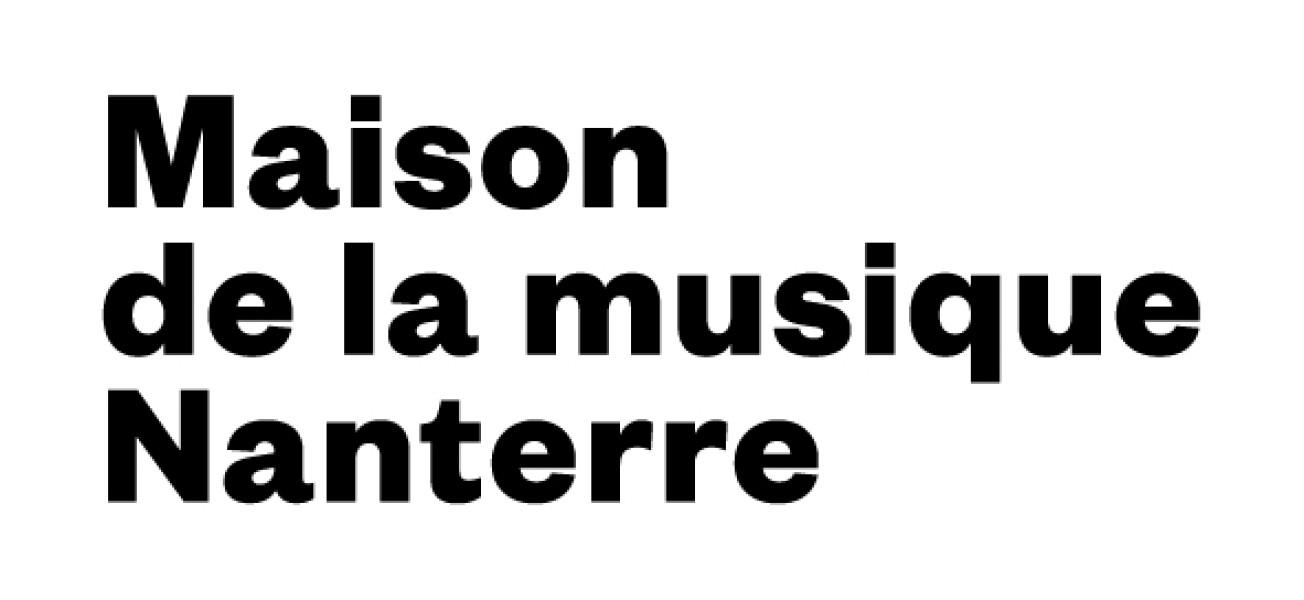Encyclopédie de la parole
Élise Simonet / Joris Lacoste – Jukebox
octoberoct 2 – 4
novembernov 10 - december – dec 10
novembernov 20 – 21
julyjuly 9 – 10
Conception, Encyclopédie de la parole
Artistic direction and coordination of collection, Élise Simonet
Directed by Joris Lacoste
With Ghita Serraj, and Élise Simonet
Produced by Échelle 1 :1
Coproduced by T2G – Théâtre de Gennevilliers ; and Festival d’Automne à Paris
With support from Fondation d’entreprise Hermès
In partnership with France Culture
Following on from Parlement and blablabla, Jukebox furthers the solo exploration of a plurality of voices. On this occasion, a remarkable performer invites us to listen to a territory in particular by reconstituting on demand spoken words collected locally.
“Whether I live in Gennevilliers, Bobigny, Malakoff or Nanterre, what are the spoken words which I experience from morning to evening?” Jukebox enables a sharing of the fundamental methods and mechanisms used by the Encyclopédie de la parole through the creation of site-specific shows in collaboration with the inhabitants and end users of a particular place. Based on grassroots research, Elise Simonet and Joris Lacoste compose and direct an interactive, open menu which is re-activated with each performance by the performer Ghita Serraj, transformed into a human jukebox. Her vocal metamorphoses and gift for out-of-synch gestures subtly breathe life into the montage done live with the spectators. A far cry from the postcard, Jukebox plays upon the manner in which a community constructs and represents itself.
See also
In the same place





